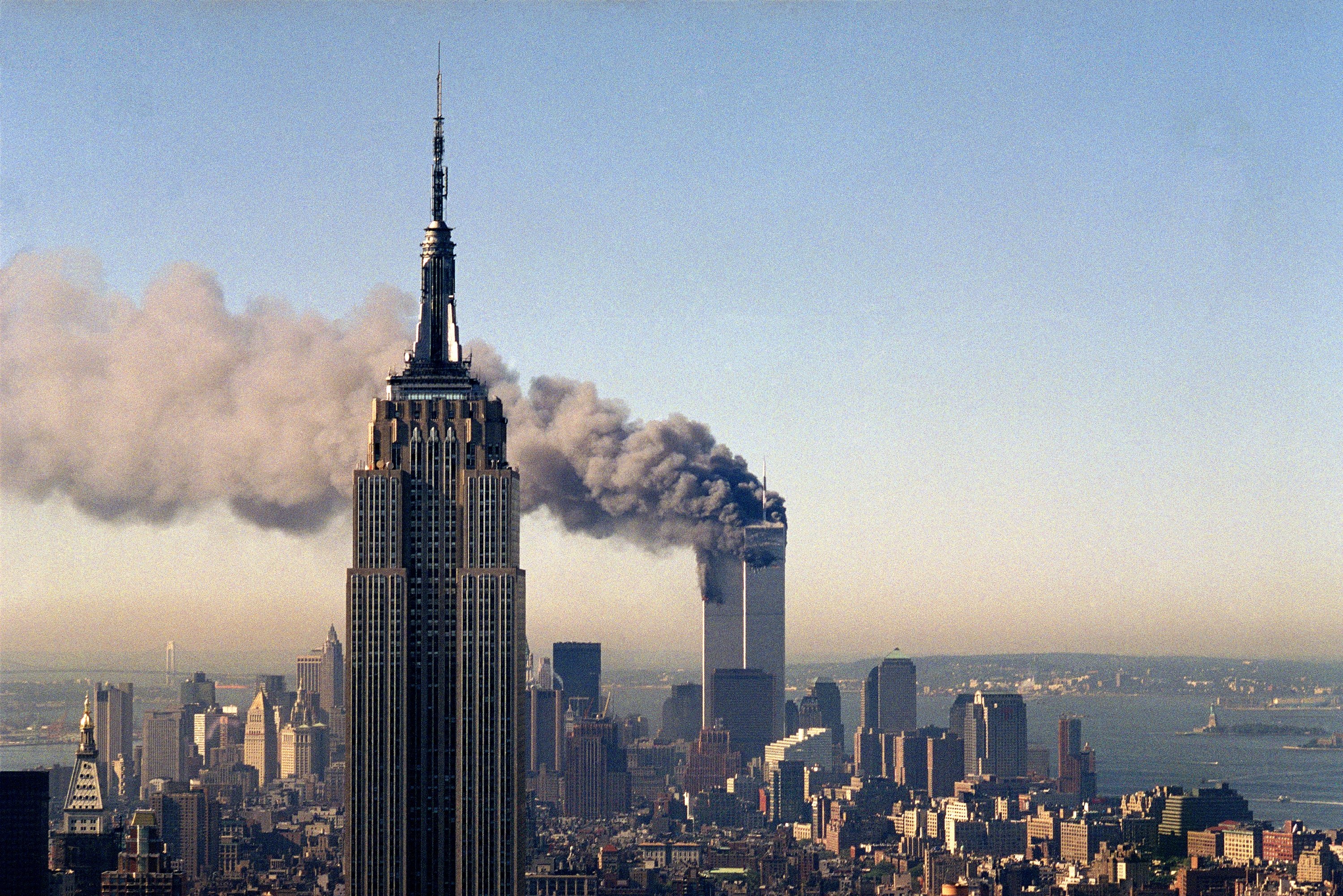The Shock Doctrine: From Chicago Boys to Black International

The shock doctrine is a technique of a traumatic influence on society that results from social quakes, terrorist attacks and natural disasters. It was conceived at the Chicago school of economics for implementing neoliberal economic reforms in developing countries. Shock therapy has been applied throughout the world, including in the West, which is now suffering from the combined shock of the migration crisis and terrorist attacks. The activities of the Chicago economic advisers, the so-called Chicago boys, have resulted in the development of the "Black" Terrorist International as an instrument of final destruction of the traditional state and society.
Shock therapy as a universal technology of social destruction
The shock doctrine is a theory explained in a book by Canadian author Naomi Klein (The Shock Doctrine: The Rise of Disaster Capitalism, Moscow 2009). It provides a detailed description of the technology and the socioeconomic consequences of a series of shock therapies applied in Latin American countries. The term "shock therapy" is sadly familiar for Russia of the 1990s, when it was declared the official policy of socioeconomic reform.
Shock therapy can be seen as a prototype of the modern hybrid war and is a concept based on a combination of economic, social, ideological, political, information, police and military methods. The technology of shock has moved from the local and selective level to the global level, and the Washington Consensus has formalized this globalization.
No country has managed to escape shock therapy and is consequences. The September 11, 2001 terrorist attacks in New York have led not just to US intervention in Iraq and Afghanistan, but also to anti-social reforms, the weakening of the public sector, the rule of corporatocracy, and the "corporate modernization" of society.
The main outcome of the shock doctrine is the destruction and forceful transformation of the traditional state and society, with disaster capitalism as a transitional period. Klein writes, "Countries, like people, don't reboot to zero with a good shock; they just break and keep on breaking."
In this respect, it would be naïve to expect that Europe will reboot following the horrible terrorist attacks in France or that it will change its attitude to Russia. European society has changed to the degree where it is no longer able to resist the shock.
The socioeconomic basis of the shock doctrine
Ideologically, politically and economically, the Chicago School developed as an answer to Keynesianism and its concept of market regulation and managed capitalism. The ideological masterminds and sponsors of the Chicago School were Milton Friedman and Friedrich von Hayek, who set the free market as the socioeconomic ideal of the new society. But attaining this objective called for destroying its adversaries.
According to their theories, Keynesianism was to be erased from the global economy. But as long as the Soviet Union existed as an alternative and competitive social model, liberal capitalism had to maintain sufficiently high standards of life in the West.
Regardless of differences in their political regimes, geopolitical contradictions and conflicts between ethnic states, nearly all countries around the world are curtailing the direct and indirect achievements of the social revolutions of the early 20th century. In fact, this process is the core element of modern globalization.
Europe has been subjected to shock therapy in order to finally dismantle the so-called welfare society and Eurosocialism. Tectonic shifts are already underway in the trouble-free West and the "golden billion" countries.
These changes are not limited to a simple return to the times of old capitalism and imperialism. The ongoing social counter-revolution is being waged to create a new, post-human kind of relations. A new subject of power is moving to the forefront of history, one which Alexander Zinoviev described as super-society and super power.
A combination of antisocial reforms, which global capitalism is implementing, accompanied by the most inhuman terrorist attacks staged by the Black International, is plunging the world into a regressive state of total atrophy. This is how absolute obedience to future change is ensured, according to Alvin Toffler.
Convulsions of the consumer society
The shock doctrine can use different forms and methods, but its core principle has remained invariable: to disorient the victim so as to disable it against the upcoming social suffocation. So far, Western and other societies are still living under the anesthetic effect of consumption.
One reaction of the modern globalized consumer society is disregard of the ongoing change. This is also happening in Russia, where the growing chaos is seen as nothing but a passing unpleasantness.
Society wants to continue to consume and to enjoy itself. France's satirical Charlie Hebdo magazine responded to the Paris attacks with a defiant cartoon of a bullet-riddled man sipping bubbly. The caption says, "They have weapons. F-k them. We have champagne!" This is an accurate portrayal of the European understanding of the current tragic developments.
The modern global consumer is infantile, hysterical, easily manipulated and open to the shock doctrine. The trouble is that the new world order, which has been depicted in a grotesque form by literary and cinematic utopias, no longer needs consumption and consumers.
Shock is spreading throughout the spheres of life that used to be safely protected, and it will be impossible to survive it within the framework of consumption and liberal capitalism. But then, any revolutionary reassessment of reality is a shock.
Pavel Rodkin (PhD, Art History), expert on branding and visual communications, and member of the Rossiya Segodnya Zinoviev Club